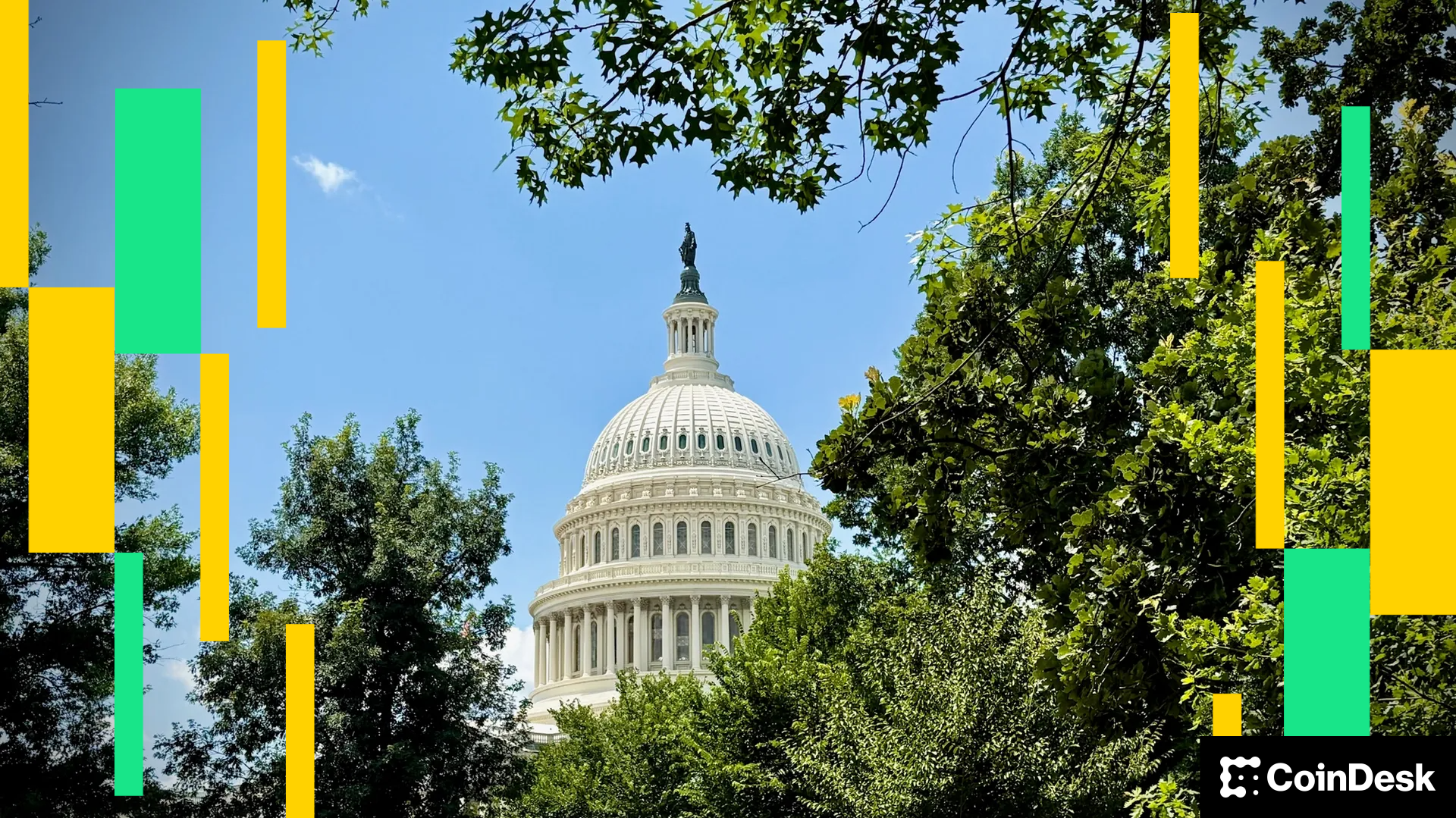
Healthy competition drives innovation and better products for consumers; it is at the center of American economic leadership. Unfortunately, now that the bipartisan GENIUS Act has been signed into law, major legacy financial institutions seem to be having second thoughts about the innovations that stablecoins can bring to financial markets. Bank lobbying groups and public affairs teams have been peppering Congress with complaints about the law, urging members to reopen debate and introduce changes to the legislation that will ensure the stablecoin market doesn’t grow too quickly, protecting banks’ profits and stifling consumer choice.
This reactionary response is both overblown and unnecessary. What legacy financial firms should do instead is embrace competition and offer exciting new products and services that consumers want, not try to kneecap emerging players through anti-innovation rules and regulations.
The GENIUS Act was carefully designed with a thorough bipartisan process to strengthen consumer safeguards, ensure regulatory oversight, and preserve financial stability. Efforts to roll back its provisions are less about protecting families and more about protecting entrenched banking interests from the competition that helps ensure the U.S. banking system stays the strongest and most innovative in the world.
Critics warn that allowing stablecoins to provide rewards could lead to massive deposit outflows from community banks, with figures as high as $6.6 trillion cited. But closer examination shows this fear is unfounded. A July 2025 analysis by consulting firm Charles River Associates found no statistically significant relationship between stablecoin adoption and community bank deposit outflows. In fact, the overwhelming majority of stablecoin reserves remain in the traditional financial system — either in commercial bank accounts or in short-term Treasuries — where they continue to support liquidity and credit in the broader U.S. economy. The dire estimates rely on unrealistic assumptions that every dollar of stablecoin issuance permanently leaves the banking system.
Stablecoins are not siphoning resources away from lending. If anything, their growth may increase inflows to the U.S. money supply over time, according to a Treasury Department report. That means Americans can benefit from modern, programmable digital dollars without threatening the availability of credit in their communities.
Others have urged the repeal of Section 16(d) of the GENIUS Act, which allows subsidiaries of state-chartered institutions to effect stablecoin business across state lines without needing additional licenses. If this important part of GENIUS is repealed, the result would be a fragmented, Balkanized and ineffective regulatory regime that stifles interstate commerce.
Innovation has always been the lifeblood of American capitalism — it’s what separates dynamic market economies from stagnant, protected ones. Rather than trying to box out new market entrants, banks should be working to ensure their current and future customers have access to cutting-edge products and services, including healthier interest rates on deposit accounts.
While the Federal Reserve’s target rate today is above 4%, the average checking account yields just 0.07% and savings accounts 0.39%. That gap doesn’t reflect consumer protection; it reflects value captured by banks. Stablecoin rewards programs, by contrast, allow platforms to compete head-to-head for customers in ways that force incumbents to offer better value. Consumers win when competition exists.
The GENIUS Act positions the U.S. as the global leader in digital finance while maintaining the strongest consumer protections. Congress already debated and settled these issues through careful bipartisan deliberation. The law requires one-to-one reserves in cash or Treasuries, robust licensing and supervision, and transparency far beyond what is expected of traditional deposits. Relitigating these questions now would undermine that consensus and threaten to slow America's leadership in digital finance.
Stablecoins do not represent a loophole, they represent an innovation that preserves the stability of the banking system while giving consumers the benefit of competition. Policymakers should see through this fear campaign and stand by the balanced, bipartisan framework Congress already enacted.
Innovation and competition built American financial leadership. It's time to let it work again — and not allow incumbent interests to stifle its promising growth. American consumers deserve nothing less.
免责声明:本文章仅代表作者个人观点,不代表本平台的立场和观点。本文章仅供信息分享,不构成对任何人的任何投资建议。用户与作者之间的任何争议,与本平台无关。如网页中刊载的文章或图片涉及侵权,请提供相关的权利证明和身份证明发送邮件到support@aicoin.com,本平台相关工作人员将会进行核查。




